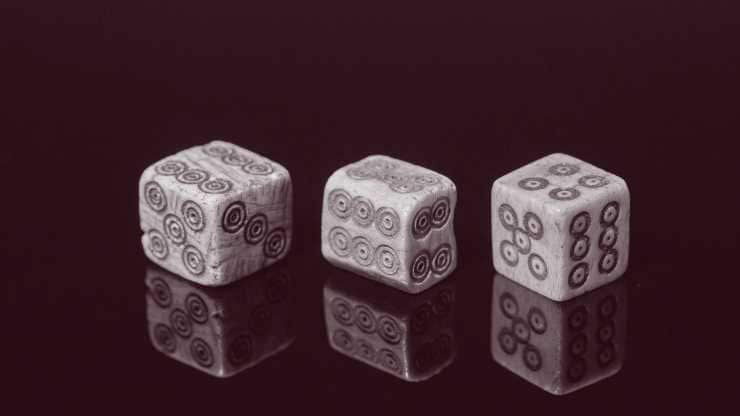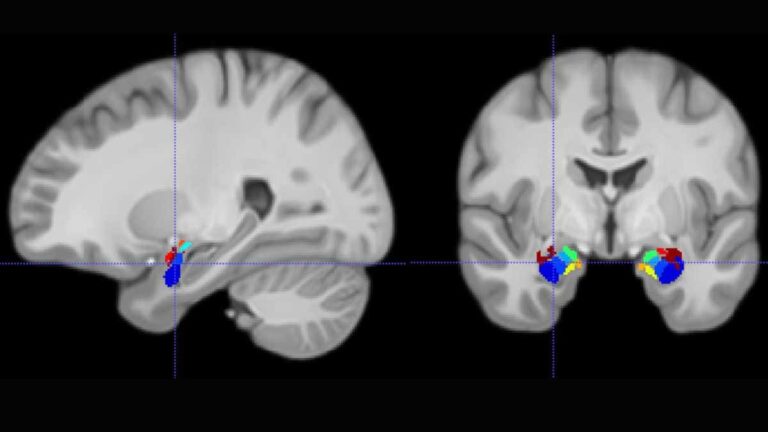The James-Lange theory is one of the earliest theories of emotion in modern psychology. This theory posits that physiological arousal precedes the experience of emotion, suggesting that one first observes bodily responses to a stimulus and subsequently feels emotion. It was developed by philosopher John Dewey and named after two 19th century scholars, William James…
Tag: emotions
Why You Remember Emotional Events Better than Non-emotional Ones
Most people remember emotional events vividly, such as their wedding day, but researchers are unsure how the human brain prioritizes emotional events in memory. In a new study, Joshua Jacobs, an associate professor of biomedical engineering at Columbia Engineering, and his colleagues found that the human brain has a specific neural mechanism that tags information…
Managing Negative Emotions Better Could Help Limit Neurodegeneration
Dementia and neurodegenerative diseases are thought to be accelerated by negative emotions, such as anxiety and depression. But how do they affect the brain? Could be it possible to limit their negative effects? Neuroscientists at the University of Geneva (UNIGE) observed the activation of the brains of young and old adults when confronted with the…
Executive Functioning May Be Helped By A Bad Mood
A good mood can have a negative effect on some people’s executive functioning, such as their ability to focus attention, manage time and prioritize tasks, new research has found. The same study found that being in a bad mood can help it in some cases. Tara McAuley, a psychology professor at the University of Waterloo,…
Stronger Emotional Response To Negative Memories In Depression
People diagnosed with major depressive disorder (MDD) experience a greater degree of negative emotion when remembering painful experiences than people without the disorder, a new study indicates. It is generally agreed that autobiographical memory dysfunction is one of the core features of this disorder. But little is known about the neural mechanisms behind the emotional…
Why Getting Revenge Is A Mixed Bag Of Feelings
Despite the cliche that “revenge is sweet,” years of experimental research have suggested otherwise. Now, new research adds another twist, showing that our love-hate relationship with this dark desire is indeed a mixed bag, making us feel both good and bad, for reasons we might not expect. Fade Eadeh, a doctoral student in psychological and…




